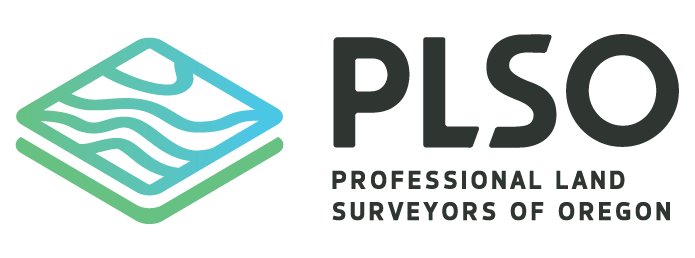By Tim Kent
The past few months has brought changes to the educational opportunities for geomatics and surveying that will affect the future of our profession. If there ever is a time to be aware of and become active in supporting the surveying and geomatics education programs, it is now. This of course is not news to many but with the continued dwindling of students in surveying and geomatics programs across the nation, it has become a crisis. No longer can we support a program that has low enrollment by writing letters and calling the college president or dean stating how much we need the program. The time is now for all of us to recruit new students and to contribute monetarily to college programs.
Last year brought a new model for managing and directing all colleges in Oregon. Each college became an independent public body and has its’ own Board of Trustees that has the authority to approve the mission, programs, budgets and strategies of the university and then forward them to the higher education commission for final approval. Add to the new model of doing business the recent announced retirements of the Dean, College of Engineering, Technology and Management (where the Department of Geomatics is located), the Provost and Vice President for Academic Affairs, and the request by the college president to not renew his contract for next year, there will be some changes at Oregon Tech. Change is inevitable when the top three positions of leadership are new to an institution and time will tell how this will affect the college programs.
Last month brought another change to the Geomatics program. The Provost announced the suspension of the upper two years of the Geomatics program at Wilsonville effective June 30th. This came as a mild surprise to the Geomatics staff but not entirely unexpected. The decision to offer the program at Wilsonville beginning in 2012 was based upon a polling of surveying professionals that indicated over fifty people would attend classes at that location. There were none the first year which was expected but then there were none in the following years either. The only students that ever attended were transfer students from Clark College in Vancouver. An opportunity to obtain a bachelor’s degree in surveying in the Portland metro is no longer available. The program can be revived if it can be documented (not merely surmised) that a sufficient number of students will enroll and the profession assists with providing equipment for the program.
If you believe in your profession and feel committed to keeping it a profession, then the time is now to make sure it continues. Recruitment and mentorship of new surveyors and contributions to college programs needs to occur now. Like it or not, education is the key to our profession. We can no longer be competitive without it, or continue to protect the health, safety, and welfare of the public.

